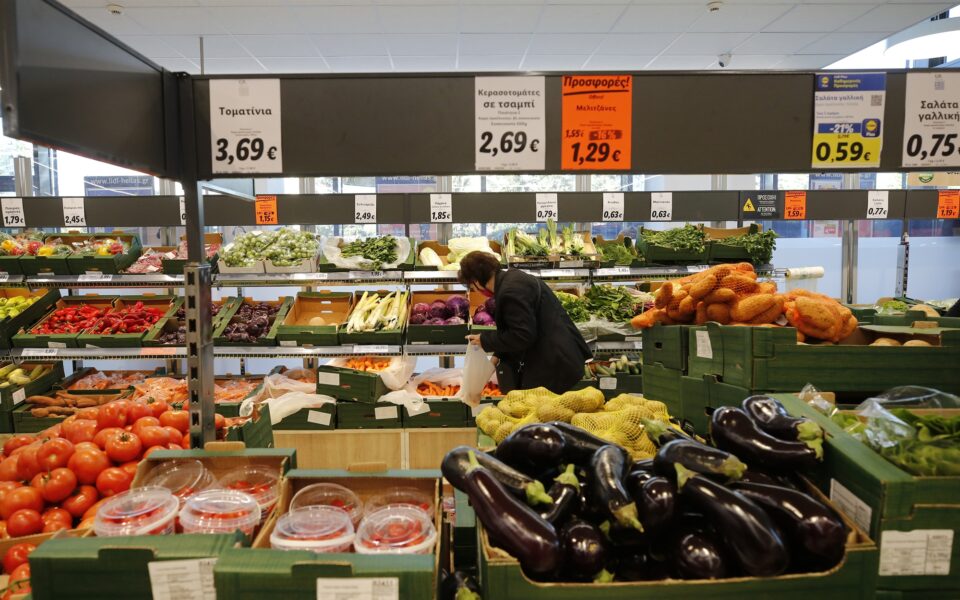State aid and the shadow economy

The dominant feature of the conservative government’s economic policy over the past three years has been subsidizing households and businesses experiencing financial hardship. The Covid-19 pandemic and the unprecedented challenges that it has presented, the energy crisis and the rising prices of food and other commodities prompted extended state intervention in Greece and other countries.
State benefits and allowances currently extend to many daily activities involving consumption and labor. Economic support has over the past couple of years been granted in spite of the mounting public deficits, rolling back the fiscal adjustment of previous years.
The role of state aid in overall economic policy-making is open to debate. However, few would disagree that no economy can afford to give blanket subsidies for too long. Doing so goes against fundamental fiscal rules: Large deficits cannot be supported by borrowing for too long; nor is it easy to secure tax revenue to finance these allowances.
Doing so would also violate basic rules of intergenerational justice: Big handouts today mean even bigger tax burdens tomorrow. In addition, government handouts can undermine incentives for creativity: If much of the income comes in the form of benefits, why would anyone work hard or take entrepreneurial risks? Thus, to the extent that benefits are necessary, and indeed this is often the case, it is crucial that they are as well targeted as possible.
Most benefits, whether short- or long-term, and whether they come in the form of bonuses or free access to services, aim to improve living conditions for low-income or crisis-hit households. In other words, the basic criterion is no other than low income. However, in a country like Greece, where clandestine economic activity is rife, the low-income criterion is not easy to enforce. Many of the households that are formally classified as low-income are indeed in a difficult situation.
However, not all households declare their real income. And when a household that is being honest about its income is taxed for the purpose of supporting another household that hides income from the government, it raises questions about effectiveness and fairness. The same goes for businesses that underreport profits and nevertheless claim government aid.
In Greece, the shadow economy has traditionally amounted to a big chunk of gross domestic product. It is not only low-earning professionals that underreport their income but high-earning (and high-profile) ones as well. Regardless of the causes behind the problem and the wider impact on economic growth and society, this also creates problems in the distribution of state support. Officials have sought to remedy the situation but the results leave a lot to be desired.
A household’s financial assets may be an important piece of information that is used, along with income, to filter allowance claims. Additionally, the government has considered previously declared economic activity in handing out compensation to businesses and workers hit by Covid-19. However, the connection between a country’s shadow economy and its allowances policy is significant, also in mapping out government policy:
Measures to fight the underground economy, via taxation or by encouraging transparent payments, will also improve the effectiveness of economic support programs. Secondly, as long as clandestine economic activity remains widespread, support programs are bound to contain an element of injustice. At the same time, tax cuts can be a more effective form of support – particularly with professional groups that systematically underreport their income.
Thirdly, benefits can sometimes create counterincentives for formal employment, addiction to state aid and, ultimately, trap households in low prosperity. Finally, a benefit-heavy policy needs to be simplified and rationalized as allowances often overlap or contradict each other, which makes them ineffective. This can be done in parallel with implementing a universal basic income and a simpler tax system.
Nikos Vettas is the general director of the Foundation for Economic and Industrial Research (IOBE) since 2013 and professor of economics at the Athens University of Economics and Business (AUEB) since 2003.





